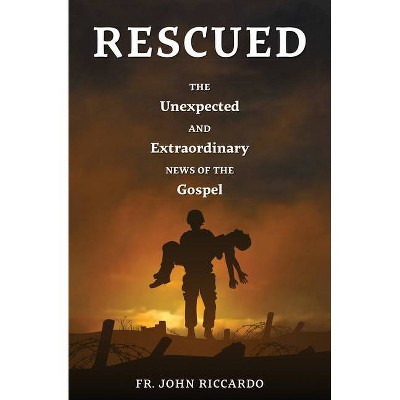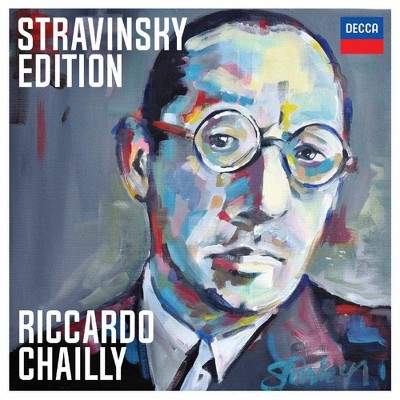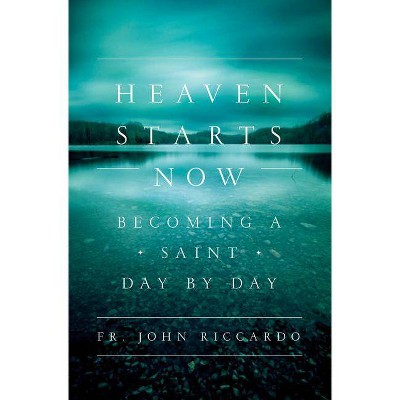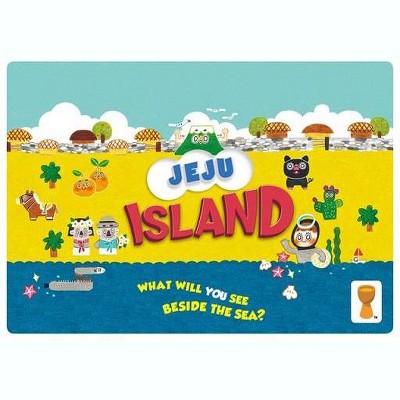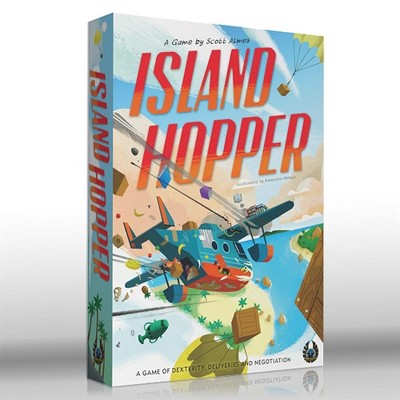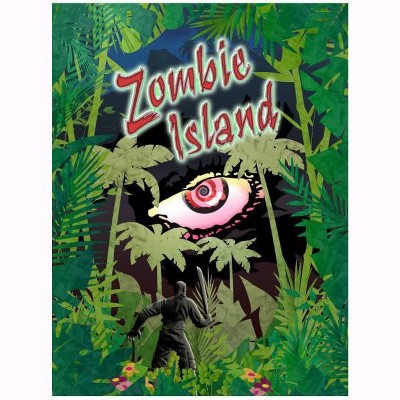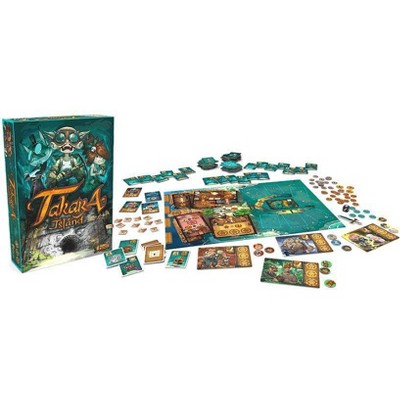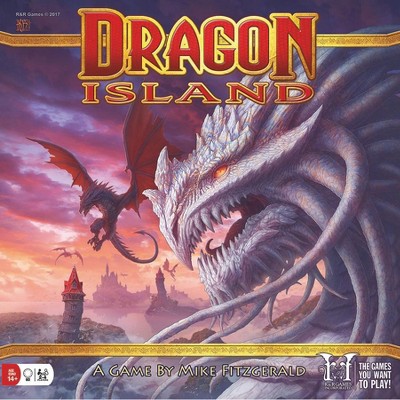Every Game is an Island - by Riccardo Fassone (Paperback)
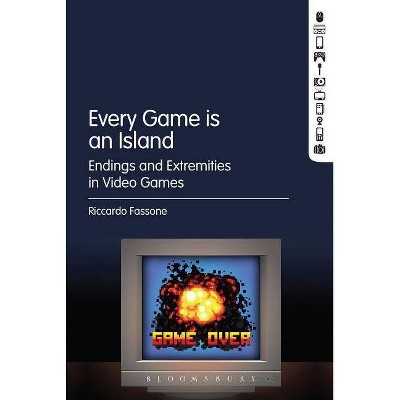
Similar Products
Products of same category from the store
AllProduct info
<p/><br></br><p><b> Book Synopsis </b></p></br></br>Despite the pervasive rhetorics of immersion and embodiment found in industrial and social discourses, playing a video game is an exercise in non-linearity. The pervasiveness of trial and error mechanics, unforgiving game over screens, loading times, minute tweakings of options and settings, should lead us to consider video games as a medium that cannot eschew fragmentation. <i>Every Game is an Island </i>is an analysis and a critique of grey areas, dead ends and extremities found in digital games, an exploration of border zones where play and non-play coexist or compete. Riccardo Fassone describes the complexity of the experience of video game play and brings integral but often overlooked components of the gameplay experience to the fore, in an attempt to problematize a reading of video games as grandiosely immersive, all-encompassing narrative experiences. Through the analysis of closures and endings, limits and borders, and liminal states, this field-advancing study looks at the heart of a medium starting from its periphery.<p/><br></br><p><b> Review Quotes </b></p></br></br><br>...<i>Every Game is an Island </i>is an important work in formalist game studies, one which serves to situate the video game object in relation to wider discourses of textuality and the media object.<br/>Daniel Vella, Game Studies<br><br>In <i>Every Game Is an Island</i> Riccardo Fassone provides us with a fascinating look at what games look like and how they can be understood, when approached from their ends and boundaries. Are games finite and clearly defined objects to start with, or are games' procedural and performance related dimensions pre-empting all attempts to capture them in their entirety? How is the aesthetic value of games related to their ephemerality? This study makes use of dazzling array of scholarship from multiple fields, ranging from computer science to continental philosophy, building bridges between disciplines, thereby also lessening the chance of intellectual endeavours related to games remaining as islands, isolated from each other. This is one of the best works that fully recognises the enormous diversity and complexity of game form, written so far.<br/>Frans Mäyrä, Professor, University of Tampere, Game Research Lab, Finland<br><br>While Riccardo Fassone is talking about limitations, endings and closures, he is doing it with an amazing open mind. He is in fact pushing boundaries, pointing us new areas to consider, encouraging us to pay attention to details and, above all, showing us how far game studies have come since we have started to explore videoludic islands. If I can extend the metaphor, I'll say that Fassone is a great voyager.<br/>Bernard Perron, Full Professor of Film and Game Studies, University of Montreal, Canada<br><p/><br></br><p><b> About the Author </b></p></br></br><b>Riccardo Fassone</b> is a post-doctoral research fellow at the University of Torino, Italy, where he works on the history of the Italian video game industry. He is among the founders of <i>GAME</i>. <i>The Italian Journal of Game Studies</i> has published several articles and book chapters on the history and theory of video games, and their intersections with other media. He has a background in film and media studies and has worked as visiting researcher at the Georgia Institute of Technology and as research fellow at The Strong National Museum of Play in Rochester, NY.
Price History
Price Archive shows prices from various stores, lets you see history and find the cheapest. There is no actual sale on the website. For all support, inquiry and suggestion messagescommunication@pricearchive.us
